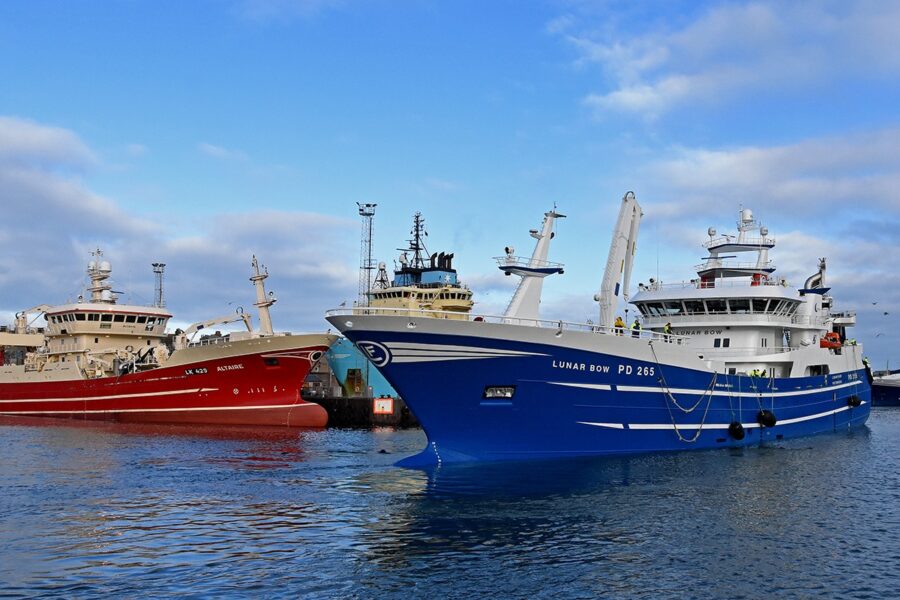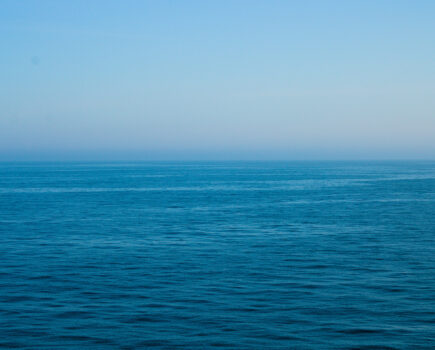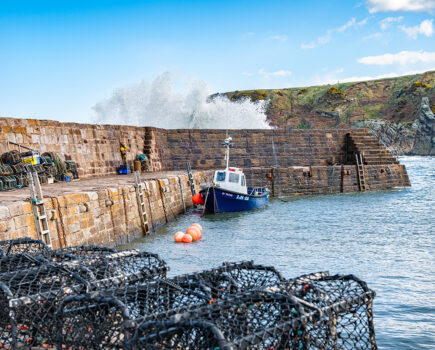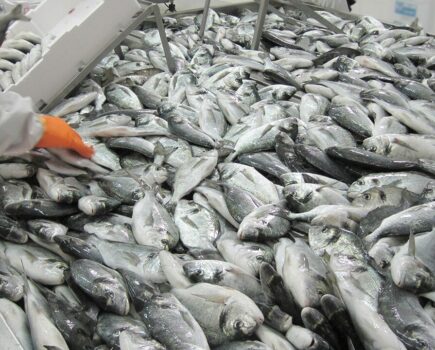Call for coastal states to work together for sustainable fishery
As talks between NEAFC nations on the three shared pelagic stocks – mackerel, blue whiting and Atlanto-Scandian herring – started in London last week, parties with an interest in the outcomes have been making their views public, reports Andy Read.
The background and history to these negotiations is hugely complicated, with parties involved only able to agree that the final outcome – overfishing, a reduction in biomass and loss of MSC accreditation – is something that no party wishes to see maintained.
The sharing of these stocks has been contentious for many years, with two countries, Iceland and Greenland, joining the talks as coastal states, and unilaterally awarding themselves shares of the TAC as a result of this, in spite of the fact that at the time, no mackerel at all were found in their own waters.
A temporary move of mackerel further northwest of their traditional migration routes in 2013-14 led to repeated unilateral increases of their self-awarded quotas, with Faroe following before returning to the existing consensus agreed between the EU and Norway in 2014, for a five-year period, which rolled over to 2020.
The 2021 quota situation was complicated further by the emergence of the UK as an independent coastal state, although on these issues the UK position was, and remains close to, the stance taken by the EU. However, a failure to reach agreement between the mackerel coastal states led to what one industry source called a ‘free- for-all’, when both Norway and the Faroe Islands decided to unilaterally increase their 2021 mackerel quotas by 55%.
The result of this, coupled with the actions of Iceland, Greenland and Russia, was an overshoot of unilateral TACs by 42% on the TAC recommended by ICES.
The failure to reach agreement also meant that reciprocal access between some coastal states to each other’s waters was not agreed. Consequently, of the ‘rogue’ states, only Norway has come close to being able to catch the 2021 quotas that have been awarded.
Using published, official data, the Fishing News graphics illustrate starkly just how difficult it will be for certain member states to justify their current positions.
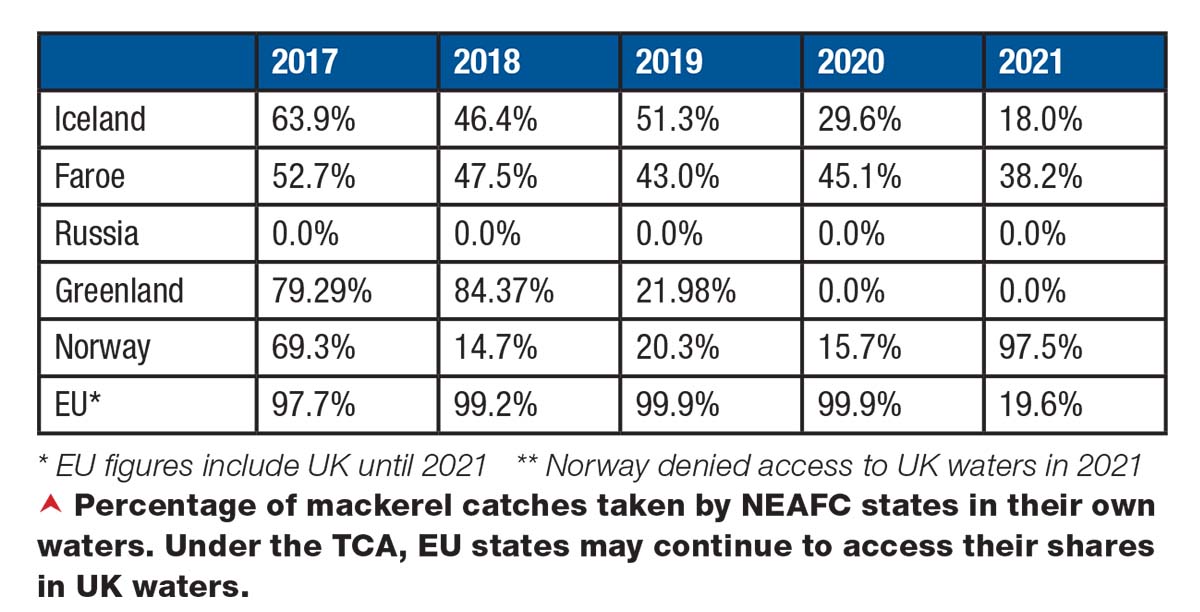
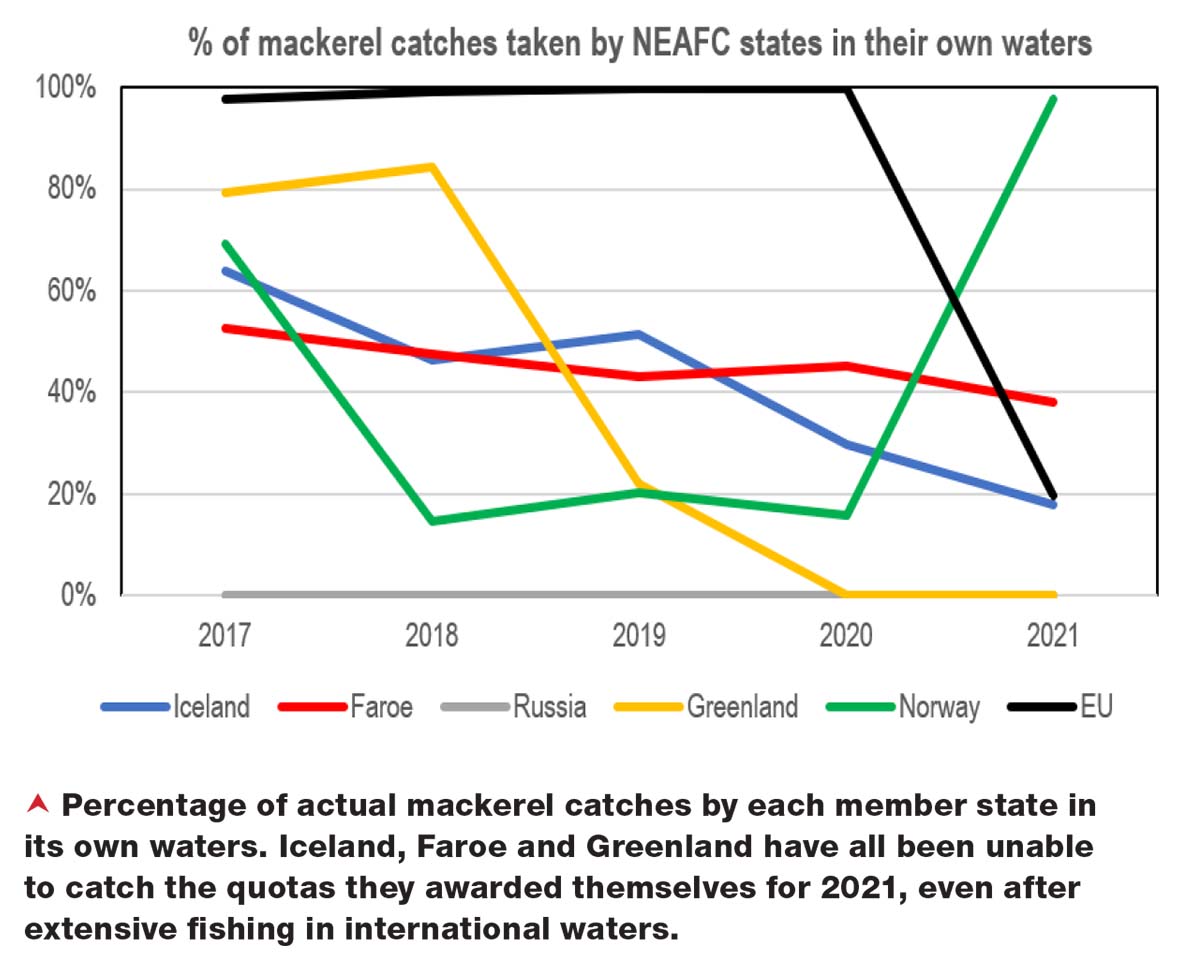
Ahead of the talks, nearly all parties have repeated the need to develop an agreement on share-outs based on the scientific advice. The Norwegian fishing vessel association Fiskebat called on all sides to come to agreement on TACs, and to work within scientific advice. However, the statement also made clear the Norwegian view that changed migratory patterns should see changed quota shares for coastal states.
It said: “Zonal attachment is a natural criteria for allocating shares of a fish stock between coastal states. The mackerel’s zonal attachment to Norway and the United Kingdom are high. Most of the mackerel are caught in these two economic zones.
“There is little mackerel in waters of Iceland, and no mackerel in waters of Greenland and Russia. This is the reason why they harvest mackerel in international waters, and at levels far beyond what can be justified from the occurrence of mackerel in their own economic zones.
“We are all responsible for the mackerel stock in our waters. This is why the European Union, United Kingdom, Faroe Islands, Greenland, Russia, Iceland and Norway all need to contribute, engage in compromises and accept some defeat in this matter.”
Industry sources suggest that failure to agree access to UK waters in 2021 meant that the bulk of early Norwegian mackerel catches were of poorer quality, as they were taken earlier in the year, and as a result were not suitable for lucrative Asian markets.
This will likely factor into later discussions, as agreement on access is likely to see Norwegian vessels wait until mackerel migrate into UK waters in 2022.
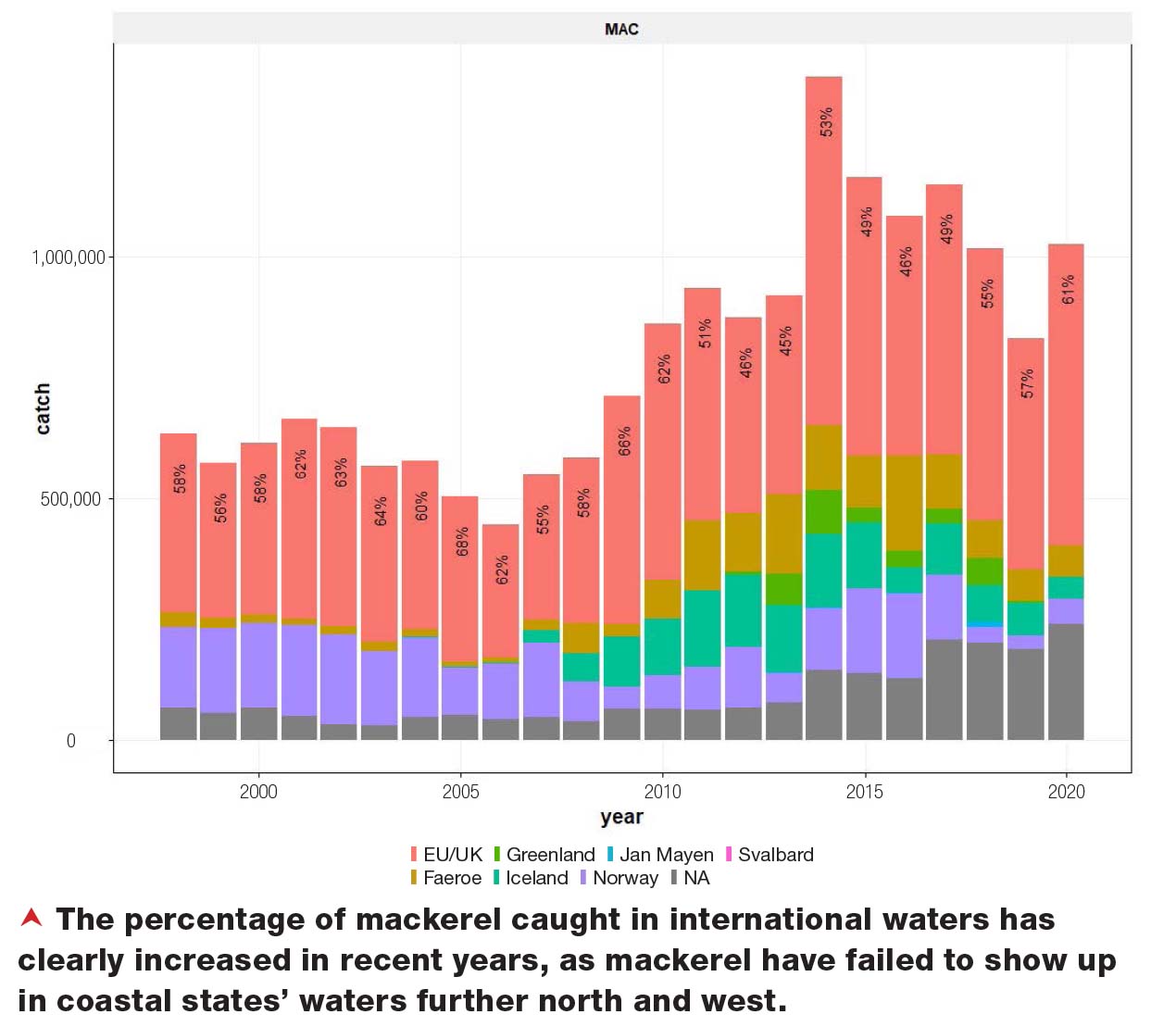
The European Association of Producer Organisations made a similar call in a detailed paper documenting the increasing trend for northern countries of taking what catches they could manage within the international zone, and confirming their view that the TAC agreed must be within the ICES advice.
The North Atlantic Pelagic Advocacy Group, a trade group responsible for purchasing and processing a significant proportion of the mackerel catch, called on all parties to agree to allocate catches within the ICES advice. A spokesperson for Young’s, one of the UK’s largest seafood companies, threatened a total boycott of catches in the fishery if unsustainable fishing continued.
The company said: “Young’s considers that the unilateral setting of quotas is an unacceptable threat to shared- stock fisheries, and that the coastal states involved in these fisheries should support securing an agreement on total allowable catches in line with ICES advice and strive for a long-term science-based management agreement.
“Whilst we are fully committed to playing a role in finding a solution to the management challenges of NE Atlantic pelagic fisheries, the unfortunate consequence of this situation remaining unresolved, and total catches continuing to be in excess of the ICES advice, is that Young’s would cease sourcing from these fisheries.”
Ian Gatt, chief executive of
the Scottish Pelagic Fishermen’s Association, told Fishing News: “We see it as deeply unfair that our fishermen should be punished for the unilateral actions of others. The UK industry has suffered a huge setback due to
the irresponsible actions of the northern states in the mackerel fishery, and we hope the current negotiations will put an end to this.
“The fishery in the NEAFC regulatory zone in 2021 is completely unregulated, with northern states undertaking the majority of their fishing here, and still unable to catch their unilateral quotas. It is also galling to see Faroe create extra mackerel quota that it knows it will never catch, only to swap this with Russia in order to access whitefish stocks.
“The Scottish industry will continue to advocate for sensible, sustainable outcomes to these negotiations, with catching opportunities based on the availability of stocks in each coastal state’s EEZ.”
As Fishing News went to press, there was some hope expressed that the talks might be able to conclude with a short-term compromise solution, whereby provisional quotas would be agreed for the early part of 2022. Meanwhile, scientists from the coastal states would work together to produce a working document on current distribution of the stocks and catches within each EEZ.
This paper would be used as the basis for negotiations on a new sharing arrangement, to be chaired by the UK in 2022 beginning in spring, which is hoped will lead to a more positive outcome, with all states agreeing to catches that would fall within the ICES advice for the stock.
This story was taken from the latest issue of Fishing News. For more up-to-date and in-depth reports on the UK and Irish commercial fishing sector, subscribe to Fishing News here or buy the latest single issue for just £3.30 here.

